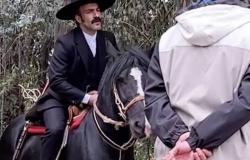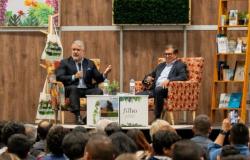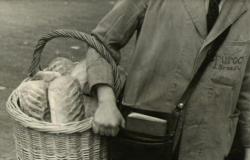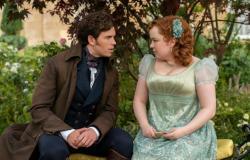What is reading? What does recognizing the written word represent for a person? This is the theme of “First Lights” (Ampersand), the new book by the poet and university professor Carlos Battilana, in which he narrates the journey that led him to teaching, to writing, to the literary workshop, to research, but it began sometime in the sixties, in the Corrientes town of Paso de los Libres, with a formidable tool that the school of that time had: the reading book.
Battilana defines the act of reading as an incantation, and its learning as the “equivalent to crossing a border into a new territory”. It was necessary to incorporate forms, relate them, articulate sounds and ideas with them. A prodigious moment in which “each letter illuminated something previously diffuse,” making the world “less elusive but also vaster.”
There, in Paso de los Libres, a town that overlooked Brazil (and its strange language) from the river, the young Battilana embarked on the adventure of reading with “First Lights,” because that was the name of his first grade reading book. , a title which he now appropriates as a definition of what that discovery was.
Everything began to have a different meaning, from the street signs to the comic books that his older brothers accumulated as a hybrid form between entertainment and knowledge.
Reading is also accompanying the one who writes. And while I read Battilana, I accompany him, I dialogue with him and I think about my first book to read. It was called “Semillita” and, like the book by the Corrientes poet, it contained a very powerful idea in the title: learning to read was the beginning of something greater and transcendent. A beacon that would sweep away the darkness, in the case of Battilana; a seed that would germinate and grow in me, in the case of “Semillita”. In short, the positivist idea, today turned into a demodé superstition, that education would make us better and more suitable for a future that could be prosperous.
There is an early change in the poet’s life: third grade will be at a school in Hurlingham, Buenos Aires. And the trip will bring readings of another type, such as the magazines “El Grafico” or “Goles”, with the epic and poetics of sport, literature that will be completed with the electric radio stories of matches, boxing fights and car races. He will also bring the “real” books, without little pictures. It is the Jules Verne stage of childhood (and here we agree one hundred percent).
Battilana’s book is as charming as the adventure of learning to read itself. And it works like a mirror: in their reading experience we will find clues about our own. There is nostalgia, of course, and revelations that the author’s erudition calmly offers us as an invitation to expand the combo. Because reading is light, it is a seed and it is a path that waits.






